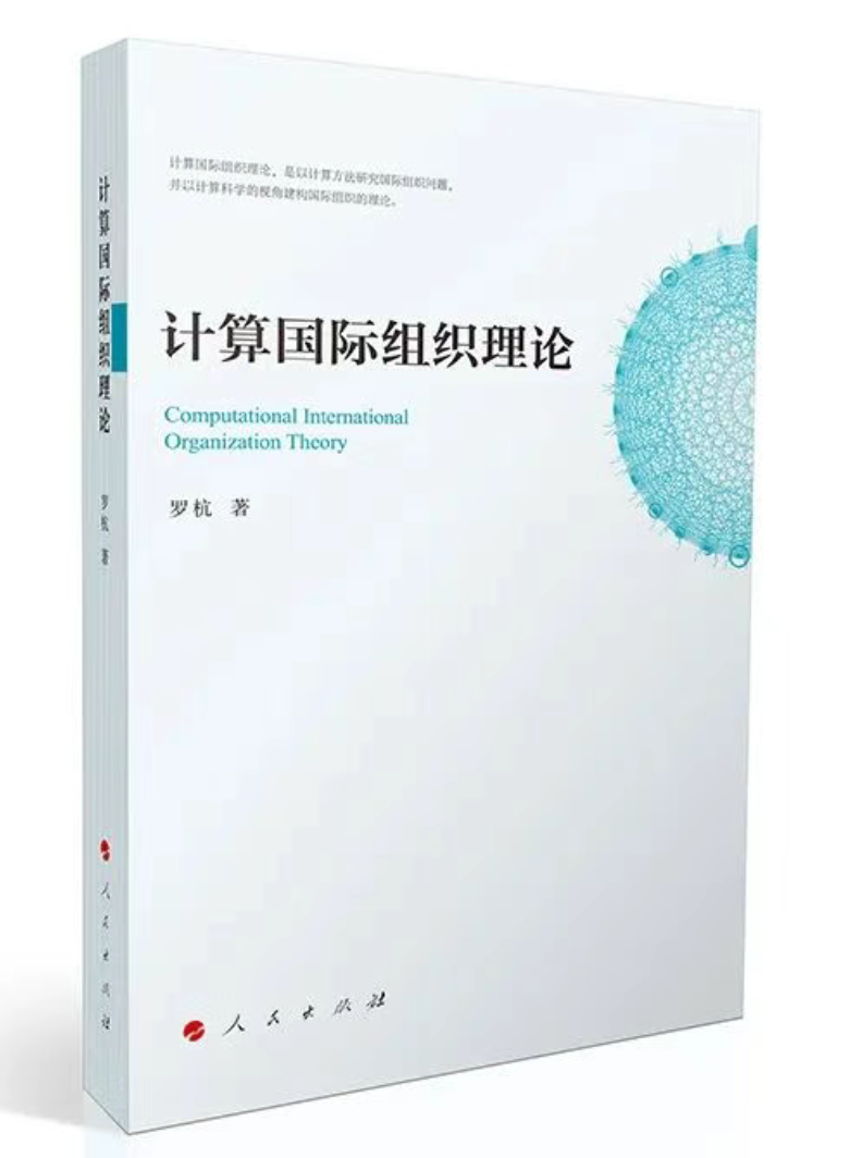
Author: Luo Hang
Publisher: People’s Publishing House, June 2025
Abstract
Computational Theory of International Organizations applies computational methods to the study of international organizations, building theoretical frameworks from a computational science perspective. Organizational decision-making serves as an ideal entry point for this approach. The evolution of membership composition and the design of decision-making mechanisms are key topics in this field. The same policy proposal can lead to drastically different decisions under varying membership structures and mechanisms. Through a comprehensive modeling process—encompassing conceptual, mathematical, and computer models—the author constructs a multi-agent simulation system for organizational decision-making embedded in complex networks. Using an experimental paradigm, and taking the European Union as a case study, this system simulates and compares the long-term effects of different decision-making mechanisms and membership expansion schemes on the EU’s decision-making process and outcomes, providing theoretical insight and computational support for major issues concerning European integration. This book offers a systematic introduction to the emerging interdisciplinary field of “computational theory of international organizations.”
Author Biography
Luo Hang is a tenured Associate Professor at the School of International Studies, Peking University. He holds a Ph.D. in Computer Science from Université Pierre et Marie Curie (UPMC), Paris, and a Ph.D. in Management from Tsinghua University. His main research interests include computational international relations, computational theory of international organizations, and network analysis in international relations.